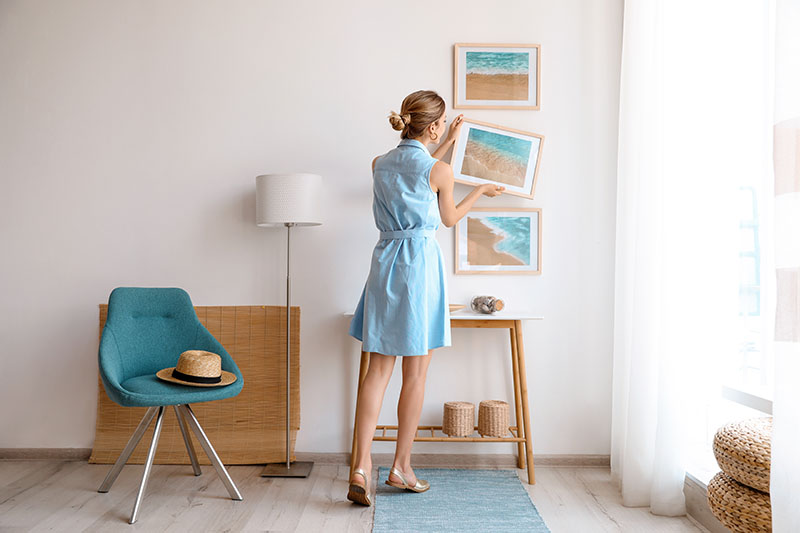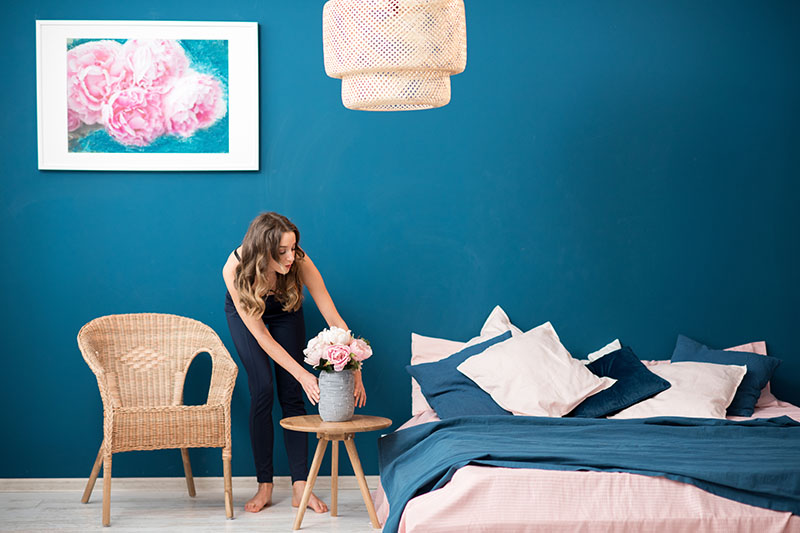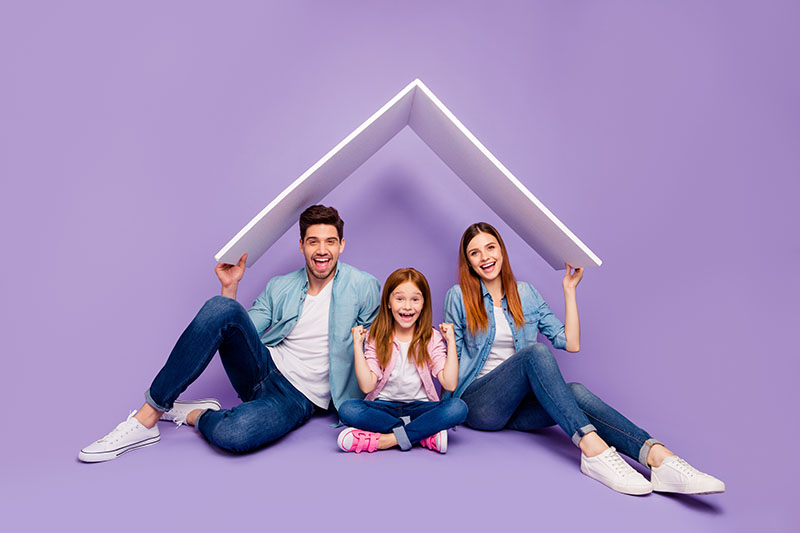How COVID-19 has affected the holiday accommodations
Despite most of Australia taking steps to ease restrictions to reopen the economy, the fear of a second wave of coronavirus has stunted the return to normalcy for many industries. The tourism industry has been hit the hardest due to restrictions on human mobility and social interactions. The overall rental market in Australia suffered, which was already in a weak state even prior to the pandemic. In June, the rental values nationally dropped 0.5 per cent over the quarter.
The restrictions on travel, social gatherings, and fear struck a huge blow to the demand for holiday accommodations. As long-term visitors (i.e. backpackers) and international students left Australia, many property owners lost their tenants and thus their rental income. Rental listings in Melbourne and Sydney rose by 36.2% and 34.1% respectively. They also flooded ST booking sites such as Airbnb to make up for the lost income. Declining demand and rising supply created a perfect storm of economic downturn in the short-term market for the first time after Airbnb and the ST rental market growth swept across the world.
However, the future isn’t necessarily that bleak. While the uncertainty about coronavirus makes forecasting difficult, people are eager to travel to wherever they are allowed to (mostly only within their own state) even if they have to jump through a few more hoops to comply with the government restrictions. With the safe travel bubble in active discussion, a spike in demand for holiday rentals is well on the horizon as well.
Maximising Rental Revenue During COVID-19 Restrictions
Demonstrate your commitment to guest safety
Airbnb released a new checklist of cleaning and disinfecting standards to help spread the virus. Renting out a spare room or any accommodation requiring sharing any space with strangers could be subject to COVID-19 violations. Using a lockbox to eliminate the need to meet in person for check-in and check-out is highly recommended as many guests could be uncomfortable with forced human interactions.
Opting in to block off 72 hours between guests will also signal to guests that your property is covid-19 safe. Hosts committing to the recommended cleaning protocol will get a special badge/call-out on their listing. Including how committed you are to guest safety in your listing description (link to internal) could improve your booking rates as well. If your property has an outdoor space (i.e. backyard, garden, etc.), emphasise as people value such features more now than ever.
Use better pricing strategy
Given the current market situation, you may have to offer lower rates to attract guests and apply smarter, more dynamic pricing (link to internal). Given the cost of short-term stays may be too high, you want to encourage longer stays to maximise your revenue. You could offer significant weekly and monthly discounts to encourage guests looking for longer-term accommodations. In order to stay competitive, you need to scan the changing market prices often in order to offer better rates than the competing hosts. Relying on your property manager (link to internal) with advanced pricing software could give you a critical advantage.
Consider offering appropriate add-ons
Your main clients will be the eager road-trippers fleeing their cabin fever. But even if they travel to somewhere new, they’ll have to deal with other restrictions that may negatively impact their getaway experience. For instance, they may want to hire a private car (a consistent one from a trusted service provider who takes COVID safety seriously). They would likely need to navigate max occupancy restrictions and in-advance bookings to go to restaurants, bars, wineries, etc. As a host or property manager, you could offer to assist guests with planning their activities during their stay by providing a helpful list of restaurants and their protocols, offering to make restaurant bookings for guests, or coordinating private car hire.









